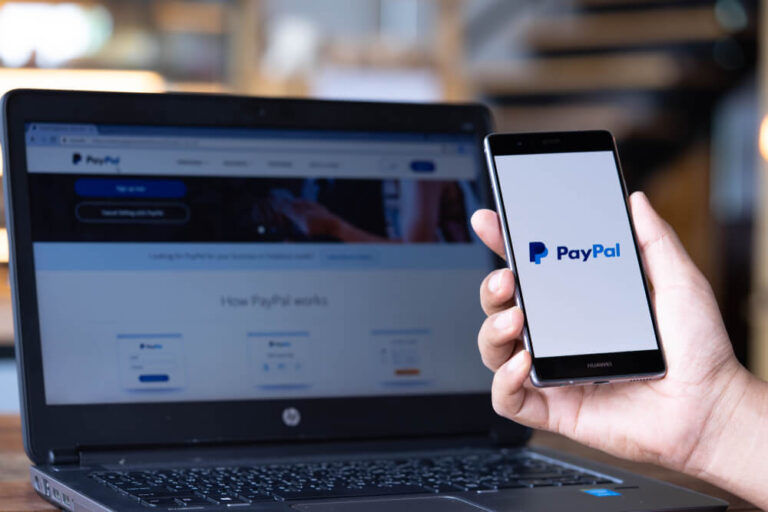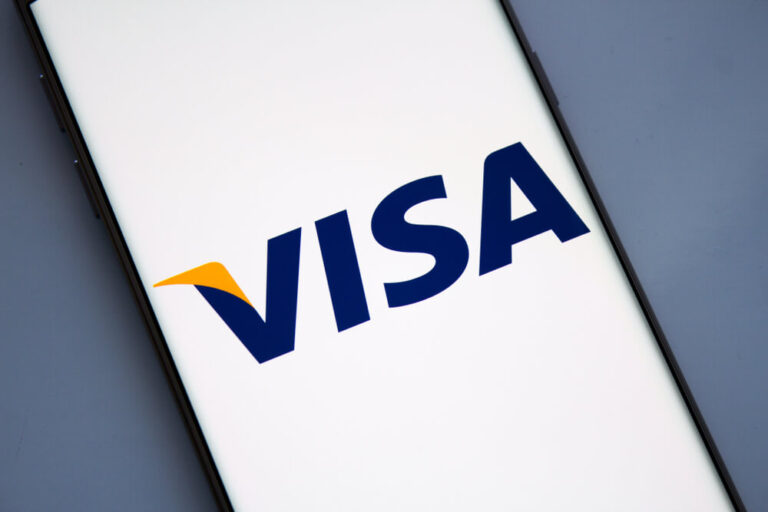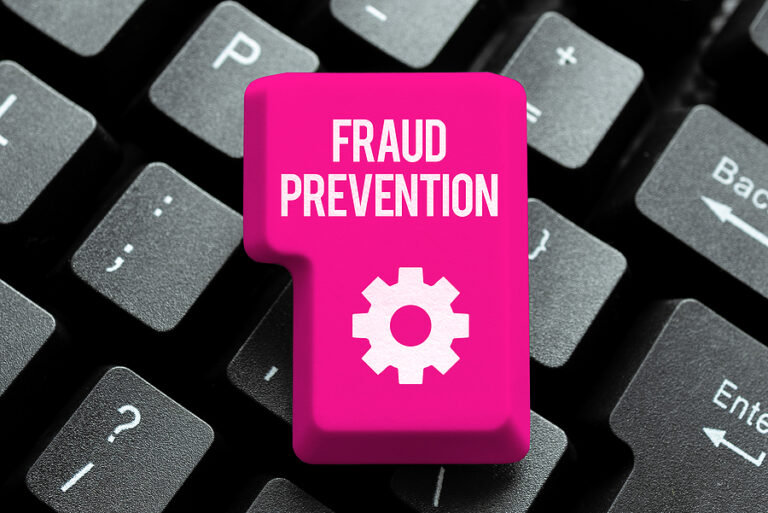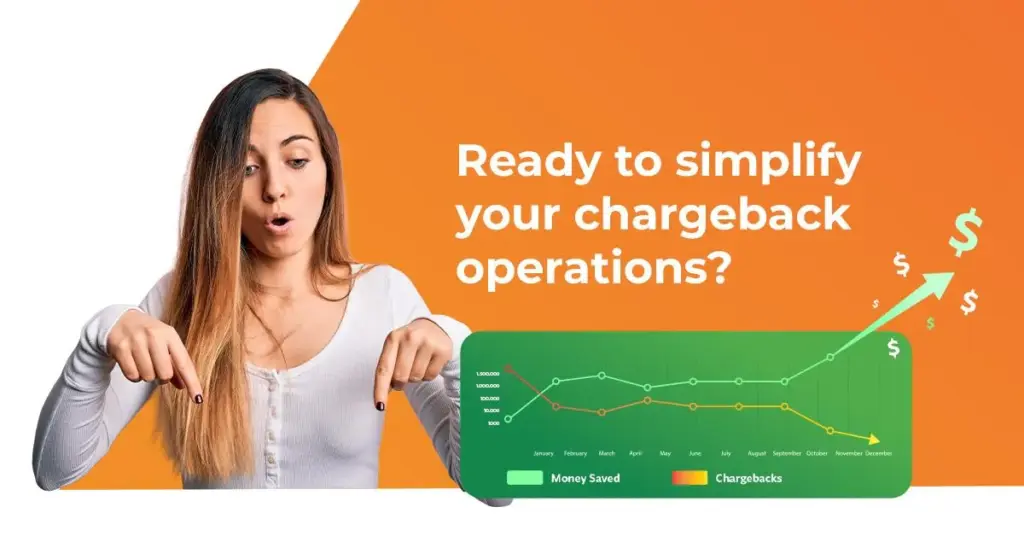Could High Inflation Spur Chargebacks?
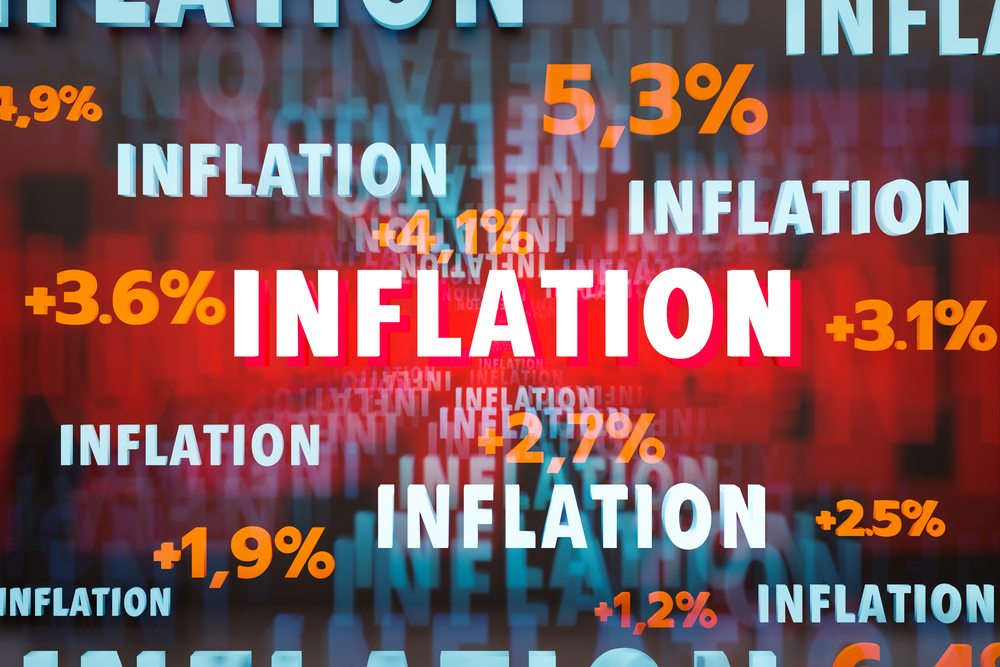
High inflation has been a fact of life in recent years and managing chargebacks during inflation can be a real challenge. The U.S. Bureau of Labor Statistics reports that inflation topped 6% in 2022 and remained above 3% in 2023 and 2024. Before that, inflation typically hovered around 2%. We can debate the causes of inflation, but no matter the prime movers, merchants have felt the pinch.
Inflation raises the costs of doing business, driving not only material costs up, but labor costs and more. Unfortunately, high inflation may also spur crime and chargebacks, making it all the more crucial for merchants to head off disputes and fight fraud. Why might inflation spur chargebacks? At the end of the day, people file chargebacks to save money.
When used properly, a chargeback functions like an unauthorized refund. If the customer has been defrauded, say because an online merchant never delivered the goods, the cardholder can turn to their issuing bank and ask for a chargeback. If the bank approves the chargeback, the customer’s funds are returned. With customers tight on funds, they may be quicker to file chargebacks.
Unfortunately, some unscrupulous cardholders abuse the chargeback process, often aiming to score free products and services. A cardholder can order a product, say some pants from an online merchant, receive the goods, be happy with the order, and then file a chargeback anyway. If their bank approves the chargeback, the cardholder will not only get their money back, they’ll likely get to keep the ordered goods.
Some people file fraudulent chargebacks even if they could pay for the products in question. However, many criminals are pushed into their illicit vocation because they’re tight on funds. LendingTree conducted a survey of American shoppers and found that nearly 25% admitted to shoplifting in the past year or so. 90% of those surveyed reported that they committed the crime(s) because of the current economic climate and inflation. The same economic headwinds could also encourage customers to file chargebacks.
Chargebacks aren’t shoplifting, at least from the point of view from the law and the cardholder. Yet for the merchant, the results are, if anything, worse. Not only will the merchant suffer inventory loss, they’ll also get hit with chargeback fees and their chargeback ratios will also rise. Should this ratio get too high, the merchant may face other penalties, such as increased processing fees and penalties enforced by card networks, like Mastercard and Visa.
Brick-and-mortar retailers have responded to shoplifting by locking many valuable items up. If a customer wants to get the goods, they’ll need an employee to unlock the shelf. This can reduce shoplifting but brick-and-mortar merchants could still get hit with chargebacks later.
Further, online merchants can’t simply lock goods up. Online shopping involves trust on both the merchant and customer’s part. Sadly, some cardholders abuse that trust and the chargeback process, filing fraudulent chargebacks (known as friendly fraud) making managing chargebacks a losing battle.
Cardholders aren’t always the perpetrators, either. Some fraudsters steal credit cards and then make unauthorized purchases. When the cardholder finds the unauthorized charges, they can file for a chargeback, as is their right under the law. Merchants almost always lose these disputes and ultimately must bear the costs, even if they’re not really at fault.
The good news is that merchants can now use a variety of tools chargeback management tools to manage chargebacks during inflation. Given the economy, inflation, and many consumers dealing with tight budgets, the risk of chargebacks will remain high and could rise further in the months ahead. Need help combating fraud and chargebacks? Get in touch with the ChargebackHelp team now.





